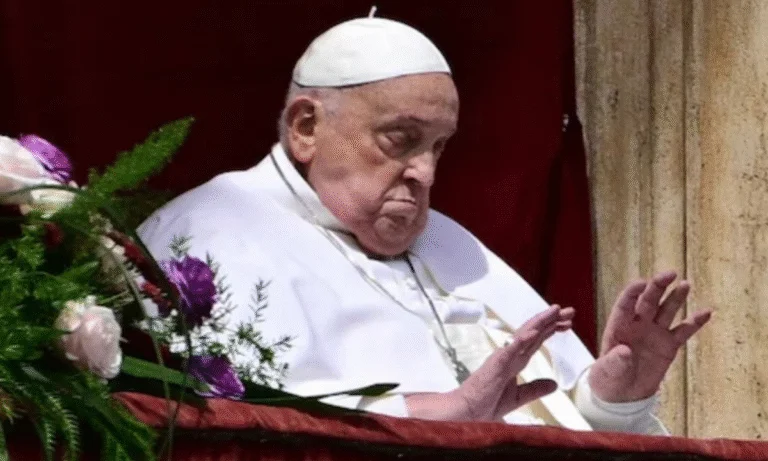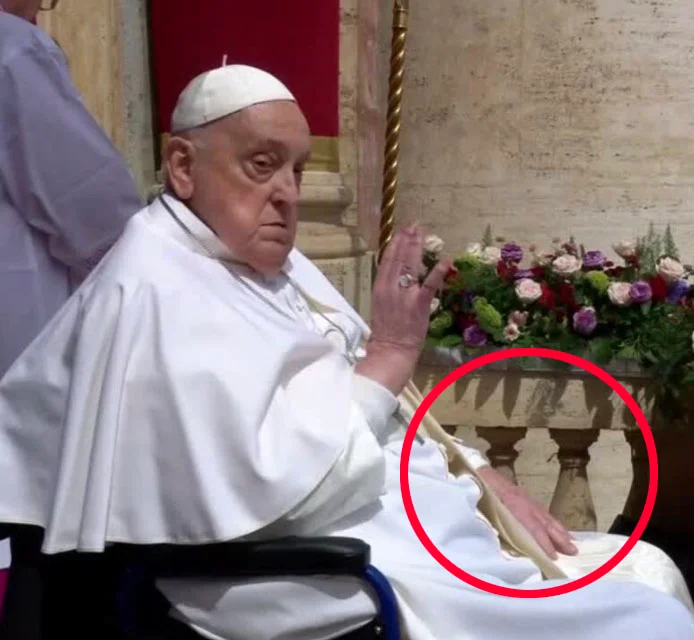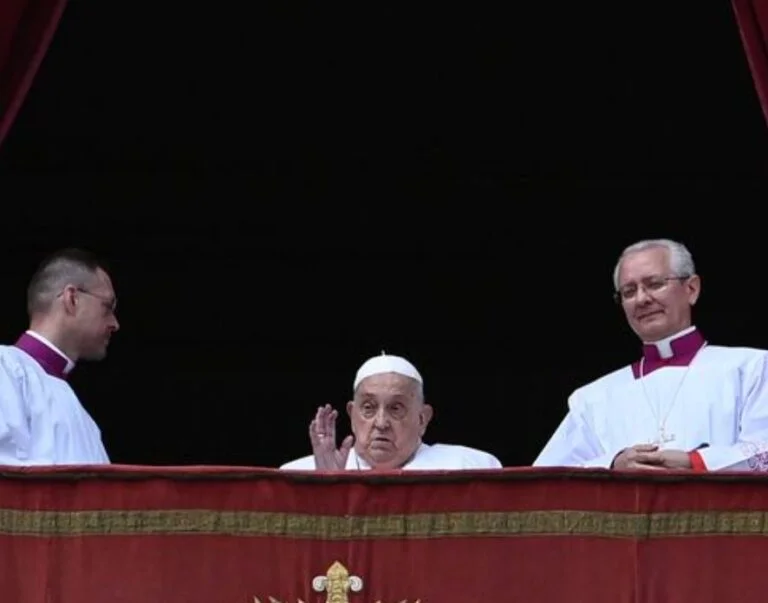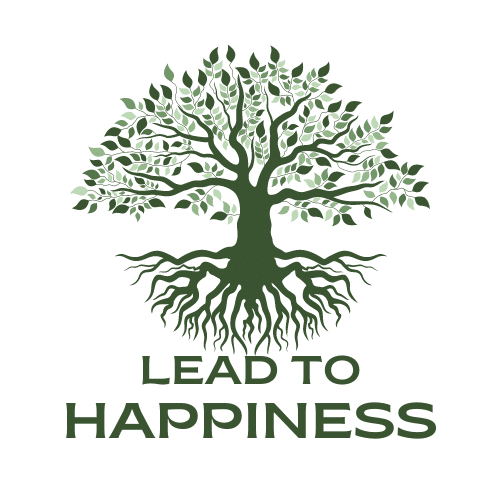On Easter Sunday, the world saw a moment of quiet courage. By Monday, it was mourning a spiritual giant.
Pope Francis, the 266th leader of the Catholic Church, passed away peacefully at the age of 88 on April 21, 2025 — just hours after offering one final, fragile blessing from the balcony of St. Peter’s Basilica. His death was confirmed by the Vatican early Easter Monday, casting a solemn hush over one of the holiest weeks of the Christian calendar.
But it wasn’t just the loss of a Pope the world grieved. It was the goodbye of a man who redefined what it meant to serve.
The Last Time We Saw Him
On Easter Sunday, as the sun broke through the skies over Vatican City, thousands packed into St. Peter’s Square. Most knew what they were witnessing wasn’t just a celebration of resurrection — it was a farewell.

Though visibly frail and bound to his wheelchair, Pope Francis insisted on being there. His doctors had urged rest. The Church had already adjusted — a cardinal read his annual Urbi et Orbi blessing, and others presided over the Easter Mass. But Francis showed up anyway. Because showing up was his way.
He didn’t speak for long. Just a simple, raspy “Happy Easter.” But it was enough. The crowd erupted — not in applause, but in reverent, tearful gratitude. One man raised his child toward the balcony and whispered, “That’s him. That’s our Pope.”
A Blessing Beyond Words
Later, Francis was wheeled through the square in an open vehicle, hands trembling but lifted in blessing. People reached out not for spectacle, but for connection — a moment of shared humanity with a man who had never stood above them, but always among them.
He didn’t need a microphone to deliver what may now be remembered as his last sermon: the quiet act of being present. Even in pain. Even at the end.
His Final Message: Freedom, Peace, and the Weight of the World
Hours earlier, his final written address had been read aloud — a poignant appeal to conscience. In it, he condemned the continued suffering in Gaza, rising hate across the globe, and the silencing of human dignity.

“There can be no peace without freedom of religion, freedom of thought, freedom of expression, and respect for the views of others.”
He spoke of Gaza not in abstraction, but in grief. He named the violence, mourned the innocents, and called for compassion — even when it was hardest to offer.
He didn’t call out nations. He called out to humanity.
A Life of Quiet Revolutions
Pope Francis was never afraid to disrupt comfort. He washed the feet of prisoners. He embraced refugees. He asked the Church to walk alongside LGBTQ people, the poor, the forgotten — not as saviors, but as neighbors.
He traded the red shoes for black ones. He chose a guesthouse over the papal palace. He led by example — not for cameras, but for Christ.

Over twelve years, he became more than a Pope. He became a mirror: forcing the Church and the world to ask hard questions about mercy, justice, and love.
A Farewell Few Will Forget
For the first time in memory, Easter Sunday ended not with a triumphant procession, but with a holy silence.
People lit candles. Some cried. Some prayed. And many just stood — stunned by how deeply one man’s presence, even in weakness, could still move a crowd of tens of thousands to stillness.
Carrying the Light Forward
Francis’s papacy began with a wave from the balcony and a request for prayer. It ended with a wave from that same balcony — and a legacy of humility, courage, and radical grace.
He reminded the world that love doesn’t roar. Sometimes, it barely whispers.
And still, it’s enough to change everything.
Pope Francis (1936–2025).
A shepherd to the forgotten. A voice for the voiceless. A servant to all.
May his final blessing echo long after the bells stop ringing.

